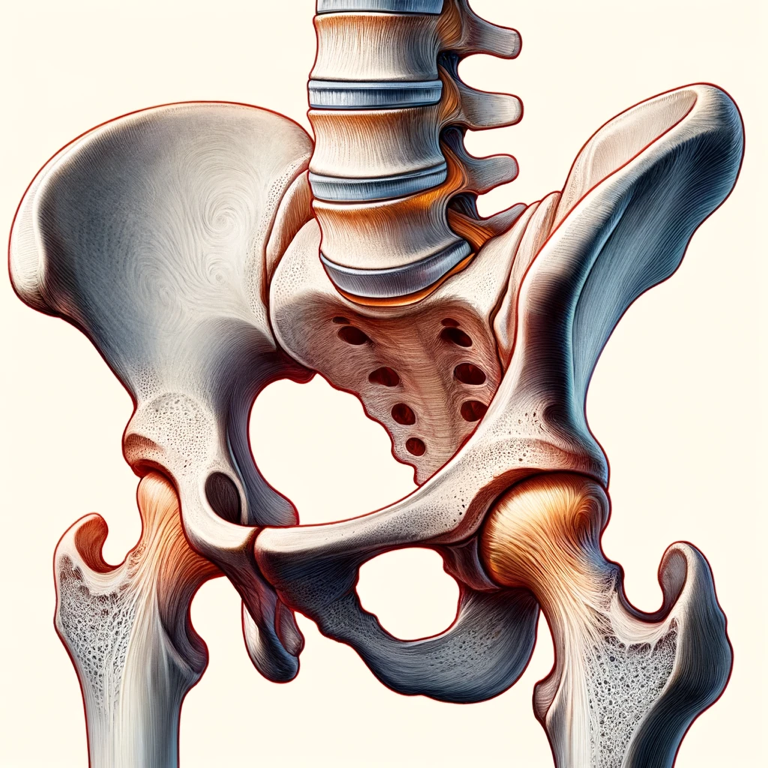Share post...
When it comes to building stronger bones, understanding Wolff's Law and the benefits of osteogenic loading is essential. Wolff's Law, a principle in orthopaedics formulated by German surgeon Julius Wolff, states that bone tissue adapts to the loads it encounters. In simple terms, bones become stronger and denser in response to mechanical stress.
This adaptive process is the foundation of osteogenic loading, a method that applies targeted, high-intensity forces to bones to stimulate growth. Osteogenic loading mimics the natural stresses bones experience during activities like jumping or lifting heavy weights. These controlled, intense forces activate osteoblasts—cells responsible for bone formation—prompting them to build new bone tissue and strengthen existing structures.
The benefits of osteogenic loading for increasing bone density are substantial. By regularly subjecting bones to these high-impact loads, individuals can effectively harness Wolff's Law to enhance their skeletal strength. This approach is particularly beneficial for those at risk of osteoporosis, a condition characterised by weak and brittle bones. Regular osteogenic loading sessions can lead to significant improvements in bone density, reducing the risk of fractures and enhancing overall bone health.
Incorporating osteogenic loading into your fitness routine doesn't require extensive time commitment. Short, intense sessions performed once or twice a week can yield significant benefits. Whether through specialised equipment or weight-bearing exercises, engaging in osteogenic loading is a practical and effective strategy to boost bone density, promote skeletal health, and ensure a robust, fracture-resistant framework.





